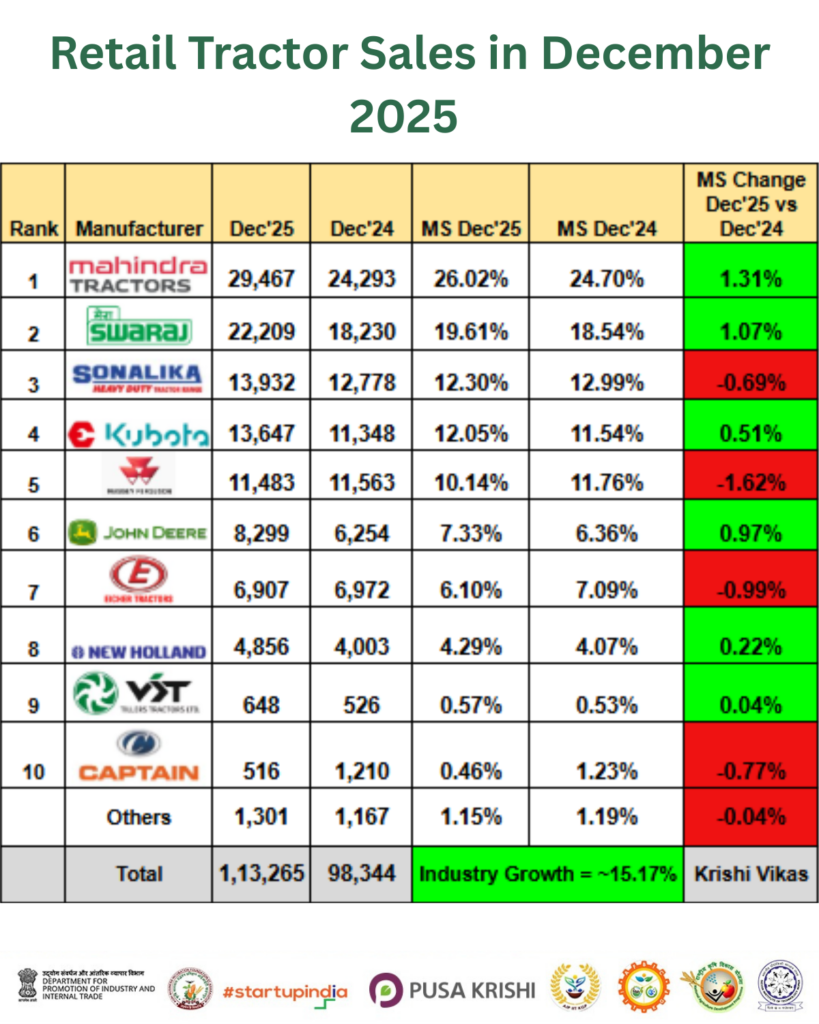On 17th April 2025, the government announced that it would now pay the interest component on loans taken by defaulting farmers. This proactive initiative will likely reduce the financial burden on thousands of farmers who have been struggling to repay their farm loans. They cannot repay their farm loans because of crop failures, erratic weather patterns, and rising input costs.
Understanding the announcement
The government clarified that this advantage would be given to farmers who defaulted on loan repayment because of actual hardships. Interest amount, typically the part that continues to build up and ensnares farmers in debt cycles, will now be paid by the state or central government. It is going to be advantageous for the farmers of Madhya Pradesh.
This step is not a blanket waiver of loans but a specific relief on interest payments. It signifies that the farmers will continue to pay the principal amount but without the burden of interest. But by taking away the burden of the interest, the government hopes to give them a breather that can help stabilize them and plan future farming activities with fresh confidence.
Why does it matter?
Over the last few years, rural India experienced several agrarian crisis, namely:
- Unstable rains and droughts
- Insufficient minimum support prices (MSPs) for major crops
- Increased cost of fertilizers, seeds, and machinery
- Damage to crops by pests or natural disasters
These conditions usually result in lower incomes, and farmers are compelled to take loans from formal or informal sources. When the debt burden becomes too much, defaults rise, along with suicides and financial pressure in the farming community.
By agreeing to pay the interest component, the government is attempting to:
- To assist farmers in returning to financial stability
- To save their credit rating for future loans
- To facilitate re-entry into formal banking institutions
- To encourage improved planning of agriculture for future seasons
Who is eligible?
While state-specific guidelines could be detailed, the overall eligibility is bound to be:
- Small and marginal farmers
- Farmers with confirmed defaults of loans
- Cause of default verification (e.g., crop failure, drought, etc.)
- Loans obtained from scheduled banks or cooperative institutions
Farmers might have to apply through their local agriculture department or cooperative bank, along with supporting documents like KYC, loan accounts, and crop failure certificates.
Potential impact on rural economy
This scheme of interest support can have a multiplier effect on the rural economy. When farmers are not so debt-ridden, they’re more likely to spend on seeds, fertilizers, or newer technology for the next crop cycle. It can also increase local jobs, as farming is still a labor-intensive industry in most parts of India.
Banks can also gain through the farm sector’s lower non-performing assets (NPAs). They can also win back the confidence of borrowers who switched to informal credit because they feared punishment and prosecution.
Final Words
The government’s initiative to compensate the interest of defaulting farmers is a positive step that places empathy at the core of economic policy. Though more structural reforms are required to make farming sustainable and incomes equitable, such steps provide short-term relief and hope.











